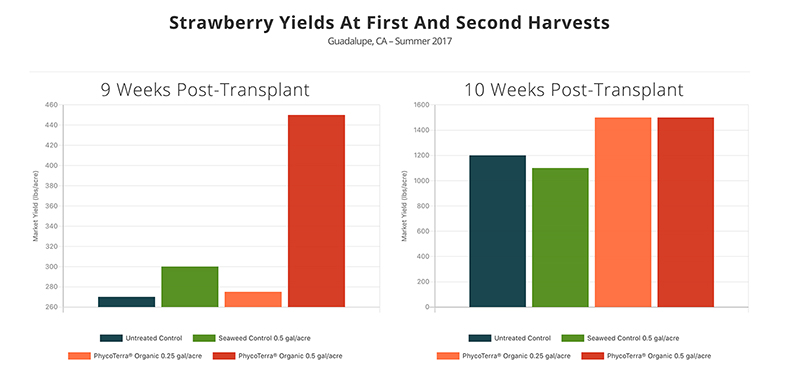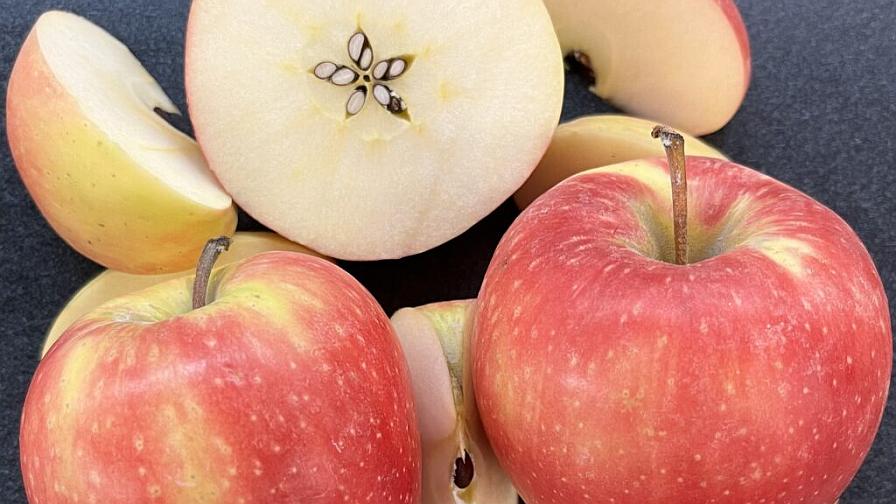How a ‘GMO Survivor’ Really Feels About the Value of Sound Science
While running errands on a recent Saturday morning, I learned just how strongly people feel about what they eat, and it was all because of my T-shirt. First on my honey-do list that morning was getting a few soil amendments for the garden, so I set out for the garden center.
I approached a young saleswoman who, it became clear, was not going to be much help. She waved in the vague direction of the back of store, and the message was clear: Go away.
I couldn’t understand what was going on at first, then I recalled the words on my T-shirt: “GMO Survivor.” Genetic modification of crops simply means doing in a lab what plant breeders have traditionally done, only a whole lot more precisely and quickly, which usually means cheaper. Genetically modified organisms (GMOs) are widely considered safe by scientists and, in fact, have been consumed by Americans for many years in the form of genetically modified corn and soybeans.
In our industry, there are just two genetically modified crops — papayas and apples. The latter is the product of Okanagan Specialty Fruits Inc. (OSF) with its “Arctic” line of apples that, when sliced, do not brown like traditional apples.
I still needed the soil amendments. So I went to the gigantic home improvement chain store, and the woman in their garden center was extremely pleasant, saying they not only had what I wanted, they had a whole host of alternatives I might find of interest. I loaded up my shopping cart, and as I headed off to pay the woman called out “I love your T-shirt.”
People really do feel strongly about GMOs. That’s all the more reason that growers need to stand together on the messaging around them. However you feel about them, using the issue to increase sales is a detriment to the entire industry.
Couldn’t help thinking about that after learning that a large California vegetable grower admitted to making that very mistake. Mann’s Fresh Vegetables removed the “non-GMO” label from its products and issued a press release to explain why.
They thought it would be beneficial to use the non-GMO verified logo on the packaging in an attempt to appeal to millennial customers.
“When we prepared our packaging for Canada, we were told that we could not use the non-GMO verified logo there, because there are no GMO lettuces. This made us think deeper about the logo’s use and the perpetuation of food fears. The fact that we were also seeing the logo used on water, sea salt and — no joke — kitty litter made the decision an easy one.”
It’s an admirable move. Growers need to stand together in favor of sound science. They also need to do everything in their power to educate people about how GMOs play a major role in furthering agricultural production in a positive way. Getting the conversation started is as easy as putting on a T-shirt.
What are your thoughts on the subject? Submit a comment below.









